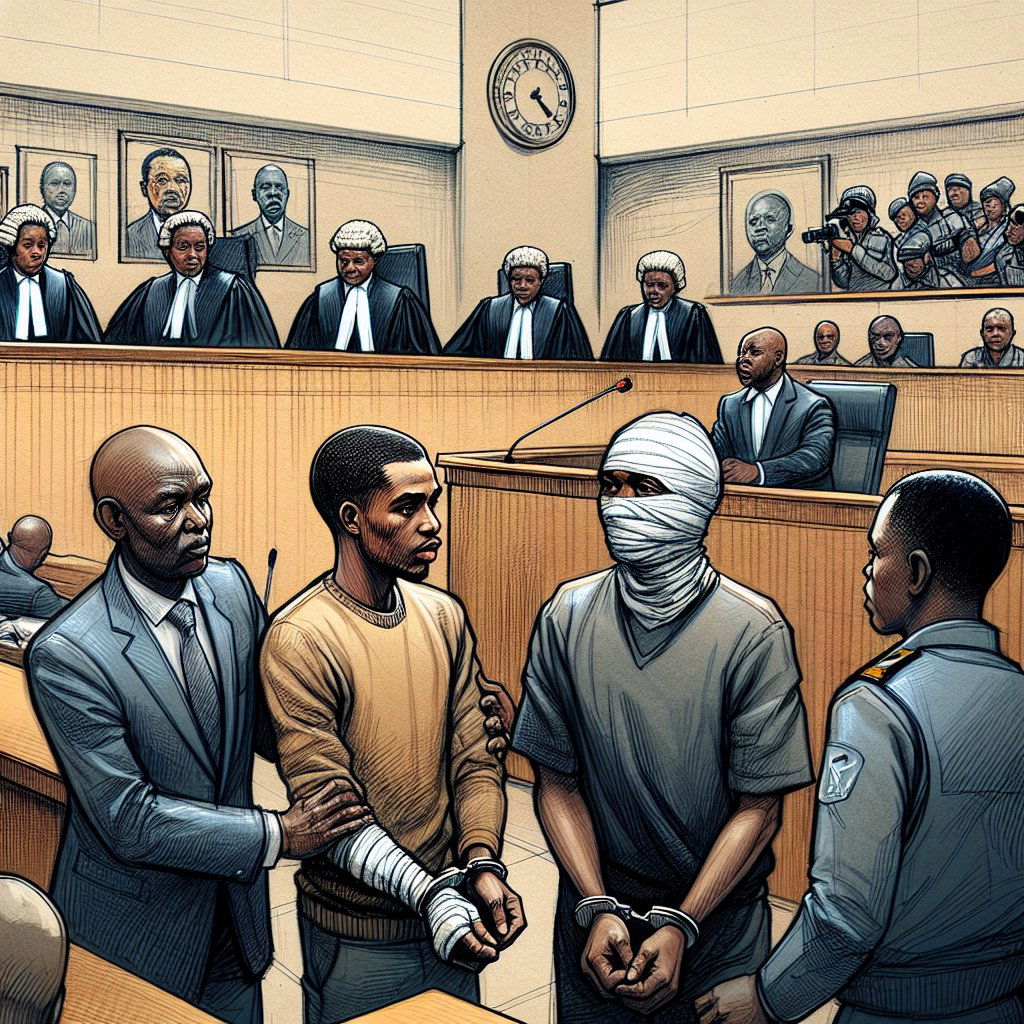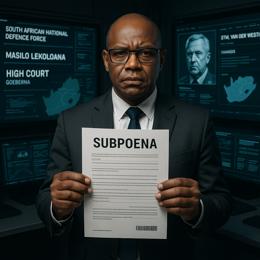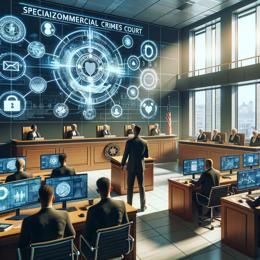Image: AI generated for illustration purposes
Increased Security Measures at Senzo Meyiwa Murder Trial After Courtroom Altercation
In the latest development of the high-profile Senzo Meyiwa murder trial, the accused individuals were brought into the Pretoria High Court with increased restraints. This security tightening came as a response to a clash that occurred on Monday between prison warders and the accused over the relaxed manner in which they were sitting during a tea break. The altercation has prompted concerns over courtroom decorum and security protocols, drawing attention nationally.
As the trial proceeds, the spotlight intensifies on the legal proceedings that seek to deliver justice for the murder of the beloved South African footballer, Senzo Meyiwa. This incident in court has added another layer of complexity and public interest, highlighting not only the pursuit of justice but also the treatment and rights of the accused within the judicial system.
On Monday, eyewitnesses reported that an argument regarding the casual posture of the accused escalated into a physical confrontation involving prison warders in the courthouse. Despite the scuffle, Judge Ratha Mokgoatlheng issued a verbal reprimand but stopped short of issuing a formal judgment on the matter. The court's primary focus remains on the trial within a trial, examining the admissibility of confession statements from two out of the five accused.
The trial proceedings on Tuesday featured a noticeable shift. Bongani Ntanzi, who is traditionally not handcuffed in court due to not currently serving a sentence, entered the courtroom in cuffs. It wasn't until he was placed in the dock that his hands were freed, a change that did not go unnoticed. Advocate Thulani Mngomezulu, his legal counsel, drew the court's attention to this alteration.
In addition to Ntanzi's restraints, other accused individuals — Mthobisi Mncube and Fisokuhle Ntuli — were also confined in a similar manner. Mncube, appearing with a bandaged hand, vocalized his discomfort and noted how the physical restraints were hindering his ability to focus on the proceedings. Judge Mokgoatlheng, acknowledging the concern, directed that these issues should be escalated to officials of the Correctional Services as they fall outside the jurisdiction of the court.
This case continues to captivate the nation, with every development being scrutinized by the media and the public. The increased security measures have sparked conversations about the balance between ensuring courtroom security and upholding the rights of those accused of crimes. The trial is expected to continue with its complex legal issues, while the session on security restraints may lead to broader discussions about protocols and practices within the South African judicial system.










